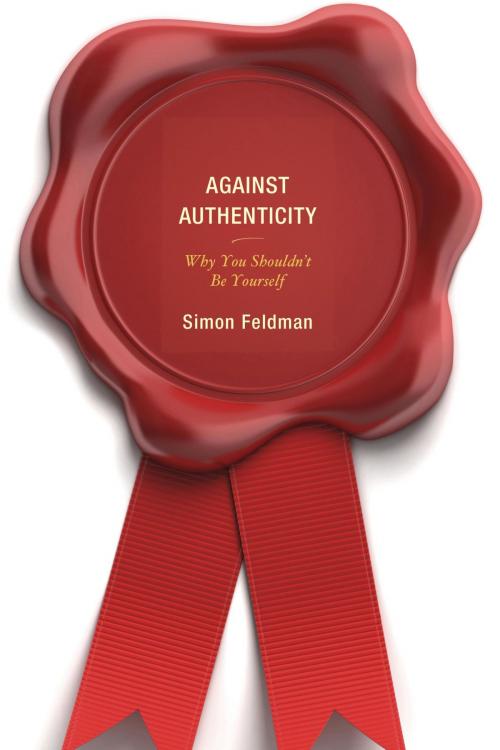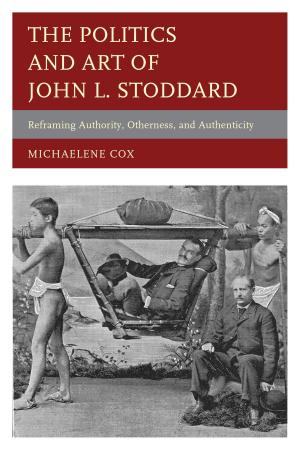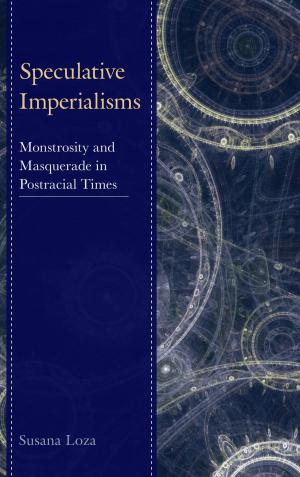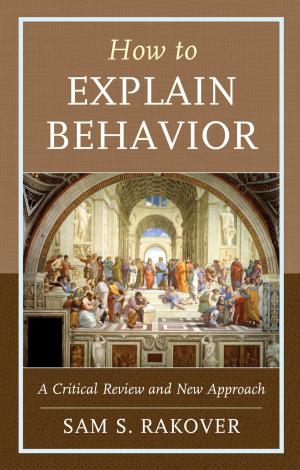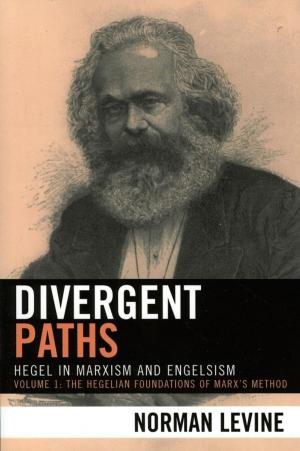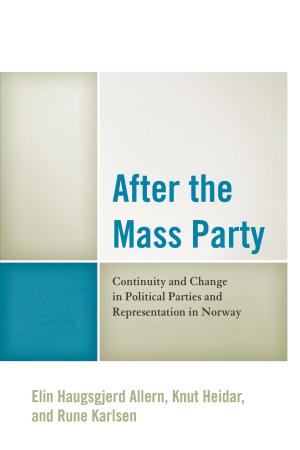Against Authenticity
Why You Shouldn't Be Yourself
Nonfiction, Religion & Spirituality, Philosophy, Metaphysics, Ethics & Moral Philosophy, Mind & Body| Author: | Simon Feldman | ISBN: | 9780739182017 |
| Publisher: | Lexington Books | Publication: | December 11, 2014 |
| Imprint: | Lexington Books | Language: | English |
| Author: | Simon Feldman |
| ISBN: | 9780739182017 |
| Publisher: | Lexington Books |
| Publication: | December 11, 2014 |
| Imprint: | Lexington Books |
| Language: | English |
“Be true to yourself”—it is a dictum so ubiquitous that it can seem like both philosophical wisdom and an empty truism. Should we aspire to an ideal of living authentically? What does it mean to be true to yourself? Against Authenticity: Why You Shouldn't Be Yourself is a philosophical exploration and critique of the ideal of authenticity. Simon Feldman argues that if being true to ourselves is a matter of maintaining a strong will, being psychologically independent, achieving self-knowledge, or being morally conscientious, then the best lives we can lead should be expected to involve substantial inauthenticity. Feldman suggests that various construals of the ideal of authenticity presuppose metaphysically confused notions of the self (for example, that there is a determinate “true self”) and that under the guise of indisputable wisdom the ideal perpetuates both objectionably relativistic as well as reactionary moral thinking.Feldman concludes that the ideal of authenticity is one that we would be better off abandoning, independent of our other moral or ethical commitments. With implications for every reader's conception of authenticity and identity, Against Authenticity is an exciting challenge for students and scholars of ethics, metaethics, metaphysics, and moral psychology.
“Be true to yourself”—it is a dictum so ubiquitous that it can seem like both philosophical wisdom and an empty truism. Should we aspire to an ideal of living authentically? What does it mean to be true to yourself? Against Authenticity: Why You Shouldn't Be Yourself is a philosophical exploration and critique of the ideal of authenticity. Simon Feldman argues that if being true to ourselves is a matter of maintaining a strong will, being psychologically independent, achieving self-knowledge, or being morally conscientious, then the best lives we can lead should be expected to involve substantial inauthenticity. Feldman suggests that various construals of the ideal of authenticity presuppose metaphysically confused notions of the self (for example, that there is a determinate “true self”) and that under the guise of indisputable wisdom the ideal perpetuates both objectionably relativistic as well as reactionary moral thinking.Feldman concludes that the ideal of authenticity is one that we would be better off abandoning, independent of our other moral or ethical commitments. With implications for every reader's conception of authenticity and identity, Against Authenticity is an exciting challenge for students and scholars of ethics, metaethics, metaphysics, and moral psychology.
